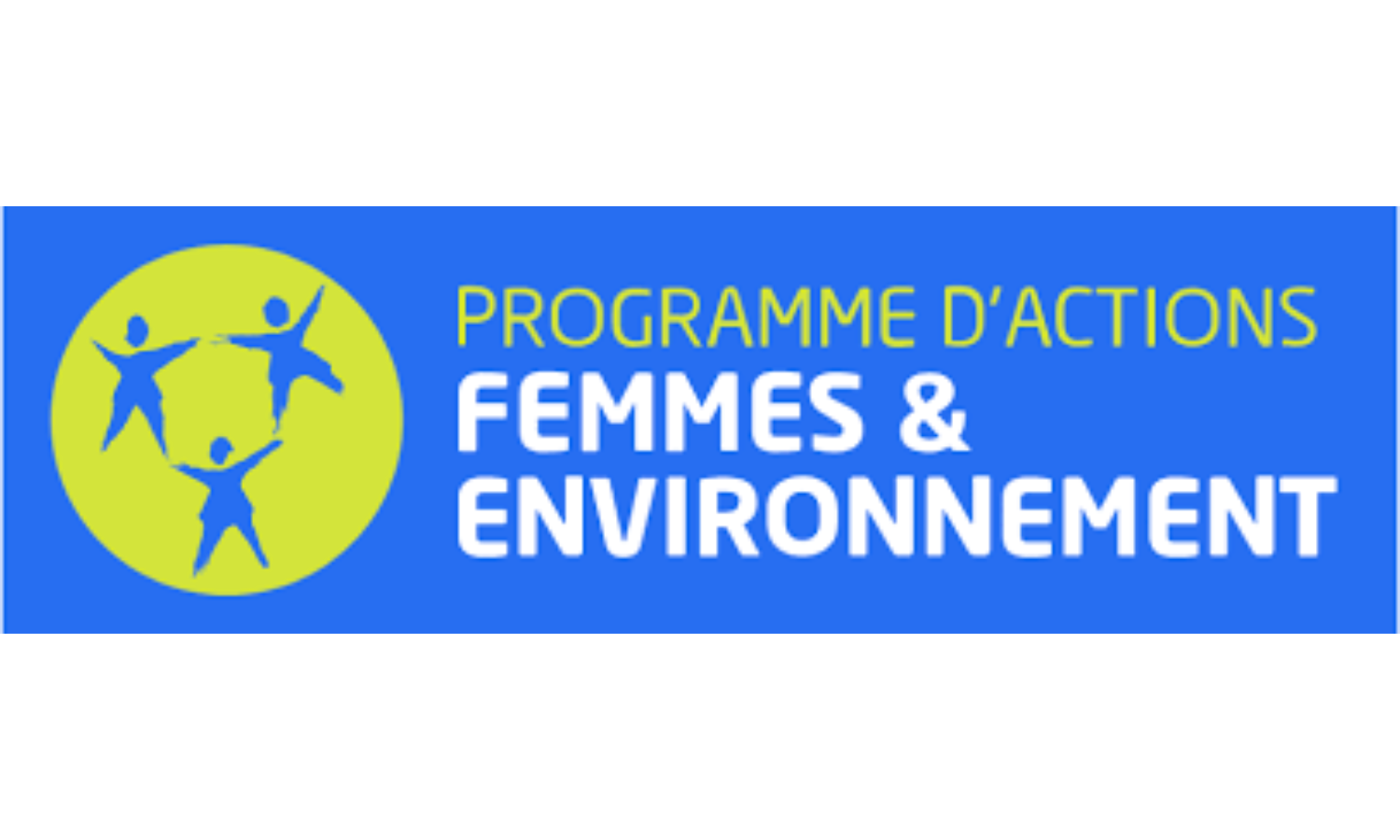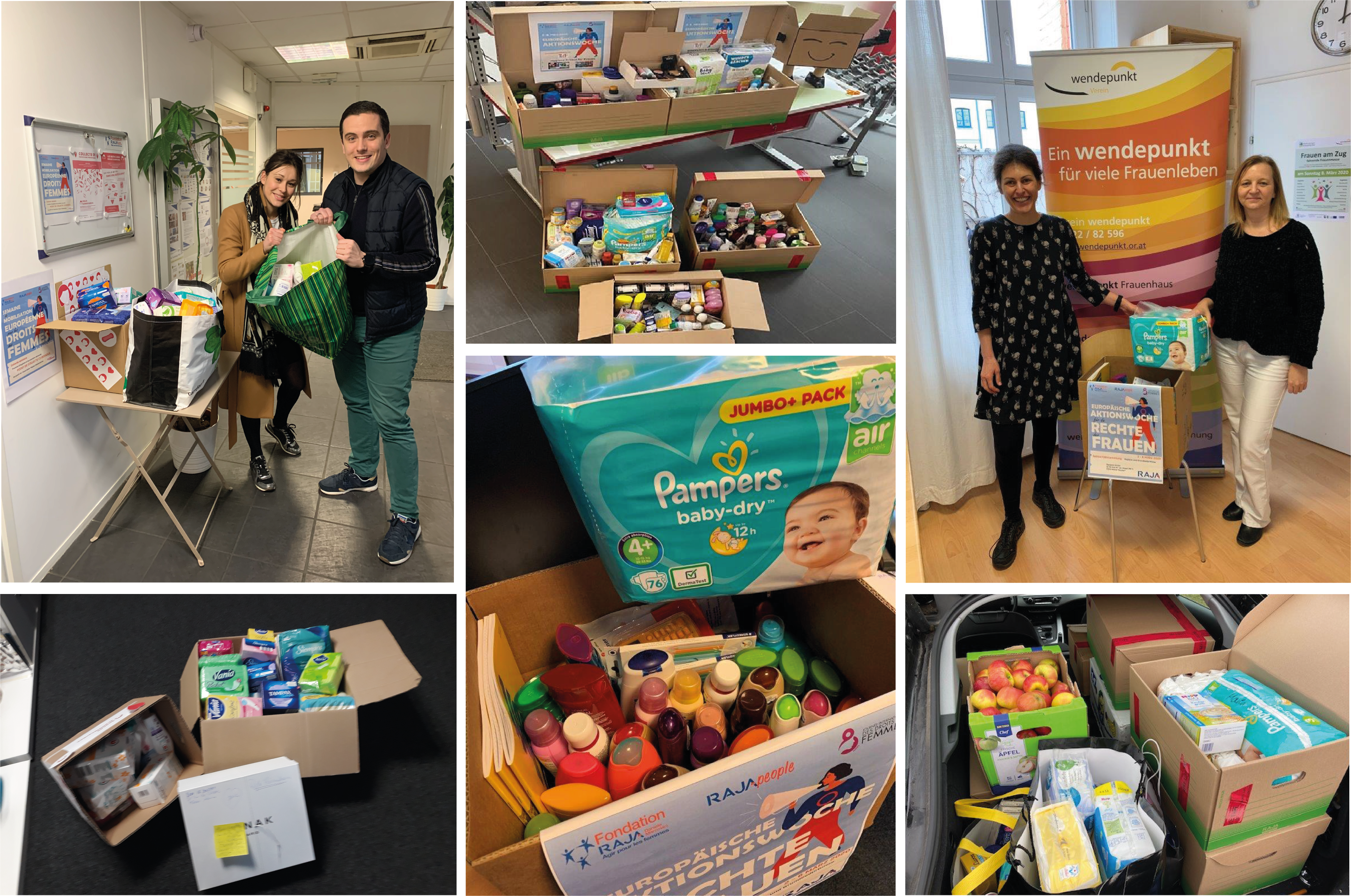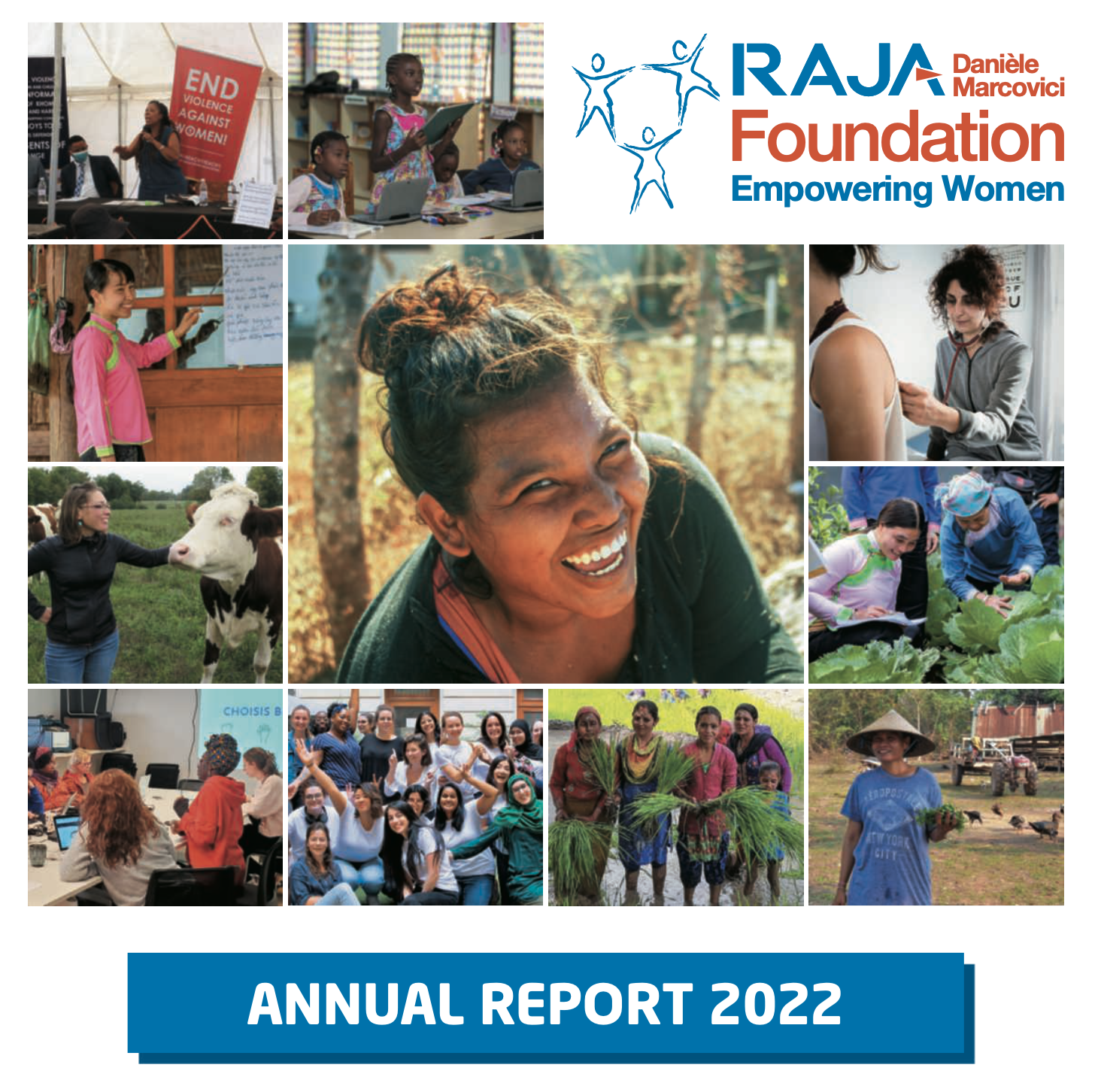Interview with Dr. Ghada Hatem-Gantzer and Dr. Leila Chaouachi: Fighting Gender-based and Sexual Violence – Focus on Chemical Submission
The RAJA-Danièle Marcovici Foundation interviewed Dr. Ghada Hatem-Gantzer, obstetrician-gynecologist and founder of the Maison des Femmes in Saint-Denis, and Dr. Leila Chaouachi, pharmacist at the Paris Addictovigilance Center and expert on chemical submission at the French National Agency for Medicines and Health Products Safety (ANSM), about chemical submission and violence against women.
7 October 2024
Can you explain what chemical submission is?
Dr. Ghada Hatem-Gantzer: Chemical submission refers to the use of chemicals, often medications, to force someone to do something they wouldn’t have done if they had a choice. Being chemically subdued means you are not in a state to understand or consent to what is happening. Depending on the drug used and its strength, the person may be drugged, in a coma, or in a deep sleep.
Dr. Leila Chaouachi: It’s important to distinguish between chemical submission and chemical vulnerability. In chemical submission, the victim is drugged without their knowledge or under threat, to commit a crime or offense. Chemical vulnerability occurs when someone voluntarily consumes a substance, making them more vulnerable to assault. In both cases, according to the law, these are aggravating factors for the perpetrator, and the victim is never responsible for the attack. These two modes fall under a broader term called “substance-facilitated assault.”
- According to ANSM, there were 539 cases of “drug-facilitated sexual assaults” in 2020 and 727 in 2021. In 2022, 2,100 reports of chemical submission were recorded. How do you interpret these figures? Are they a reflection of victims speaking out more or an indication of the worsening of the problem and the justice system losing control?
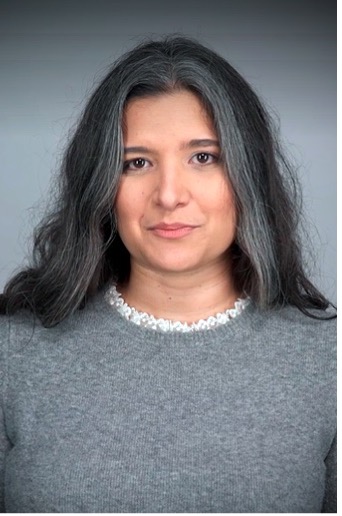
Dr. Leila Chaouachi: There has indeed been an exponential rise. After excluding duplicate reports, where multiple professionals reported the same victim, we found that 1,229 cases were confirmed as substance-facilitated assaults, a significant number, representing a 69% increase in reported cases compared to 2021. Many of these reports were suspicions of “spiking,” where people were drugged without a subsequent crime or offense being committed. Most of these spiking cases involved malicious needle injections. After analysis, no drugs were found in these cases, meaning there was no chemical submission, just violence with a sharp object.
What’s fascinating about these figures is that they show a collective awakening. We saw an increase in reports starting with #MeToo and #Balancetonbar in 2017, which brought about a massive shift, helping to lift the veil on gender-based and sexual violence. Then, a turning point occurred in the fall of 2021, post-lockdown, when social venues reopened, culminating in the summer of 2022 with festivals returning. The urgency around the criminal use of drugs escalated during this time. The government responded by intensifying efforts to combat GHB, and some awareness campaigns were launched. We can’t definitively say these numbers indicate a rise in crime, but they undoubtedly reflect a significant rise in victims speaking out.
- Is there anything else legally that could help prevent this type of crime?
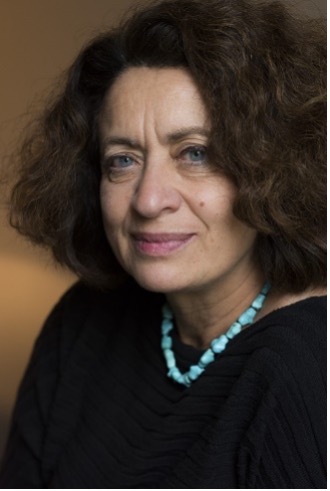
Dr. Ghada Hatem-Gantzer: I asked a judge, “Could this trial change the law on rape?” The law already addresses violence, threats, and surprise; when someone is drugged, they are clearly taken by surprise, and there’s no consent. So, chemically forcing someone is already covered under the definition of rape in the law, as it involves coercion through drugs. The legal framework is in place, so what could be changed?
Some suggest tighter control over medication purchases, but I find that somewhat unrealistic. If someone is determined, they’ll find a way, perhaps through the black market. As for changing mindsets, that could take generations. For example, during the trials for the Mazan rapes, people said things like “It’s his wife, he can do what he wants with her.” This mindset is surreal. I hope this becomes universally shocking and something we can deconstruct with future generations. We’ve made progress over the last 50 years, and I believe we can keep moving forward.
Dr. Leila Chaouachi: Of course, regulations are essential, but tackling the criminal use of substances can’t stop there. Medications are already highly regulated in France. Since the 1990s, the French Medicines Agency has taken measures to prevent criminal misuse of certain drugs, introducing secured prescriptions, limiting dispensation to 28 days, and adding colorants to make some substances less discreet. Despite this, medications remain easily accessible in home cabinets, making prevention harder. People need to be made aware of the importance of not hoarding medications and returning unused drugs to the pharmacy.
Despite strict regulations, the system is fallible. The medications used in these crimes are often prescription-only, and illegal drug trafficking is widespread.
The challenge is finding a balance between securing medications and ensuring access to care without preventing patients from getting treatment. This also calls for adequate training for professionals and discussions around the notion of consent in the law.
Some associations worry that focusing too much on consent could shift the attention onto the victim, questioning their behavior or ability to say no, as often happens in rape cases involving coercion.
Chemical submission is just one method of violence, and even without drugs or medications, violence would persist. We need to promote collective vigilance, as seen in 2022 when many victims were protected by friends or bystanders who helped them, walked them home, or called a cab. In social venues, safe zones are becoming more common, and initiatives like Safer allow organizers to intervene quickly in case of an issue. These efforts are promising, but we must avoid placing all the responsibility on the victim, as though they weren’t careful enough or didn’t have anti-rape measures in place.
Dr. Ghada Hatem-Gantzer: This becomes even more complex when it comes to intra-family chemical submission. Many children experience this, and the other parent might suspect something but not be sure, or sometimes they become complicit without meaning to. Sometimes they aren’t aware and just notice their child is unusually sleepy or falling behind in school. Often, people don’t want to believe something so monstrous could happen within the family. But here’s the message I want to convey: yes, it can happen. The family can be a place of horror. We must always consider the unthinkable.
Dr. Leila Chaouachi: It’s also important to remember that not all victims are unaware of what happened to them. In our data, one in two victims has amnesia, but that means one in two knows exactly what happened and needs support. Other victims suffer from memory loss, flashbacks, or other signs that may indicate an assault. Even when they don’t fully remember, victims often have a sense that something is wrong. Imagine waking up on the street or in a ransacked apartment with used condoms around. I apologize for the graphic details, but that’s the reality for these victims. They have doubts, and they are right to doubt. They should trust their instincts.
- What do you think of the current support systems in place for victims? How could they be improved?
Dr. Ghada Hatem-Gantzer: Over the last decade, there have been more and more associations, organizations, and support structures for women victims of violence. I believe that if a victim seeks help, they are very likely to find it today, even in rural or hard-to-reach areas. The 3919 helpline has been widely promoted. But the remaining challenge is that not all victims are ready to talk or ask for help.
Dr. Leila Chaouachi: We also need to improve training for professionals so they can recognize signs of chemical submission and gender-based and sexual violence in general. We hope to soon set up a specialized helpline for cases of chemical submission, in partnership with organizations like the Maison des Femmes.

